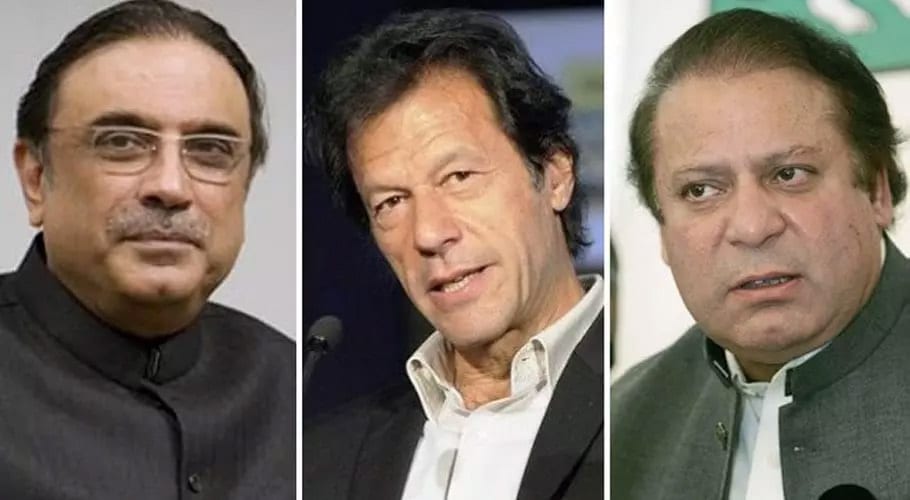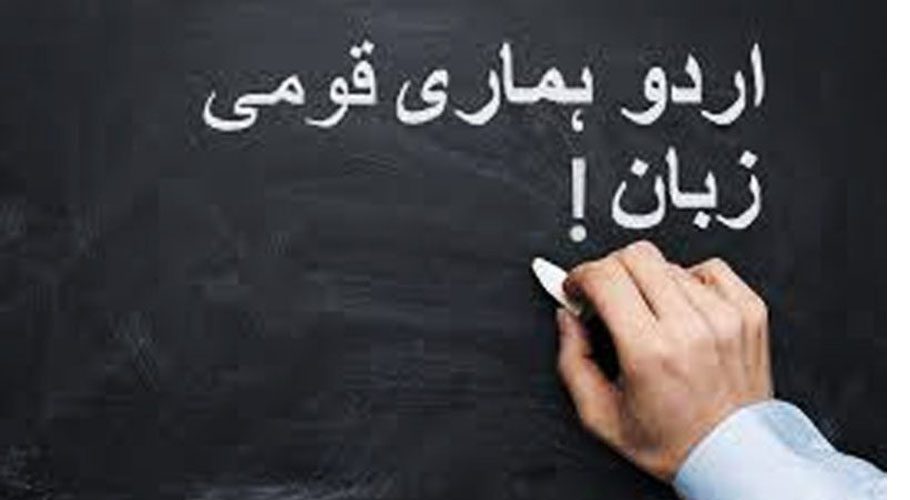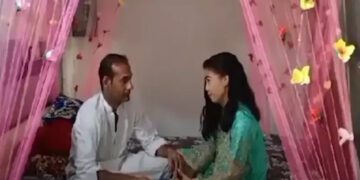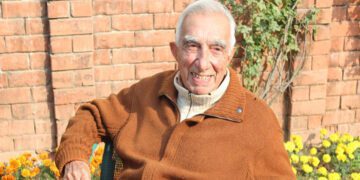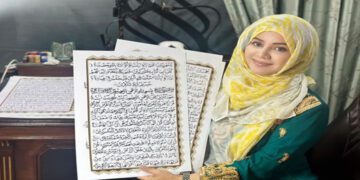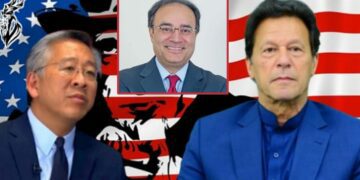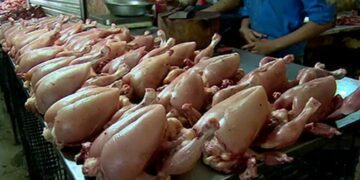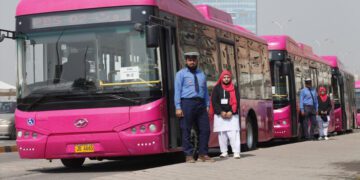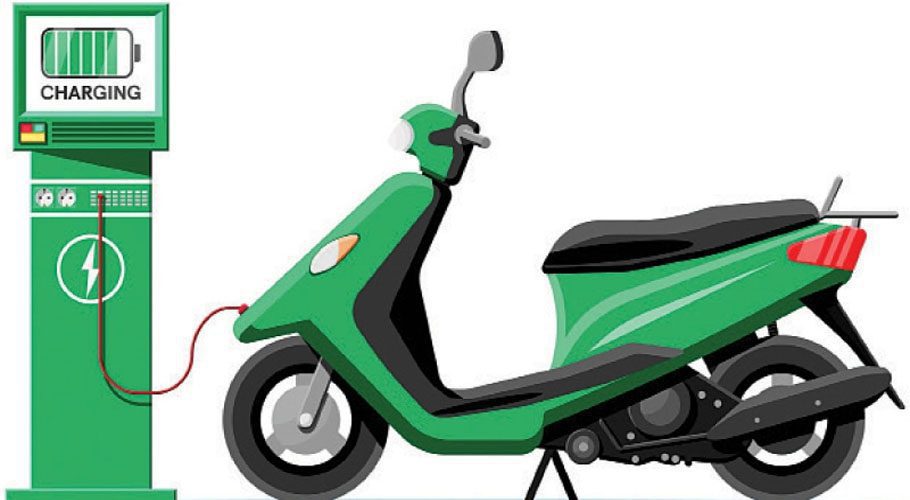![]() Follow Us on Google News
Follow Us on Google News
Under articles 218 (3) and 224 (3) of the Constitution and Section 107 of the Election Act 2017, organizing the Senate election is the constitutional and legal duty of the Election Commission of Pakistan. The ECP is the sole authority to conduct the elections. The process is spread over different stages and takes approximately one month to conclude the process.
The ECP broke its silence on a controversy over the date of Senate election 2021, emphasizing that it was the commission’s constitutional and lawful responsibility to organize elections for the upper house of parliament.
The country would thus become a federation of all the provinces with foreign affairs, defense, currency, communication, infrastructure and any other role which provinces entrust them. Senate will comprise of all the federating units i.e. provinces, each one having equal representation. Senators would be elected by the province through direct voting.
Senate of Pakistan
The Senate of Pakistan is the upper house of the Parliament of the country. It consists of 104 senators with each senator serving a 6-year term. The elections are conducted triennially for half the seats in the senate.
Senate elections take place in accordance with Article 59 of the Constitution. Each of the four provincial assemblies elects in the next Senate election twenty-three members from their respective provinces that include fourteen on general seats, four on seats reserved for technocrats including Ulema, four on seats reserved for women and one on the seat reserved for non-Muslims.
Currently, the PPP has a majority in the upper house with 27 senators. On the other hand, PML-N has 26, MQM has 8, ANP has 7, PTI has 7, JUI-F has 5, PML-Q has 4, BNP, has 4, National Party 3, Pakhtunkhwa Milli Awami Party 3, Jamaat-e-Islami has one, 6 independent members and 2 seats are vacant.
Retiring Senators
Over 65 percent of the senators who are set to retire on March 11, 2021, after completing their six-year constitutional term belong to the opposition parties.
The term-wise data of the senators shows that out of the 52 members retiring from the present 103-member Senate on March 11, 34 belong to the opposition parties and 18 from the treasury benches.
The PML-N will be the biggest loser in terms of representation in the Senate as 57 percent of its members are set to retire. The data shows that eight members of the PPP are among the 52 senators who will be completing their six-year term.
PTI 7, MQM 4, Independent Members 4, JUI-F 2, NPP 2, JI, NP, BNP, 1, BAP, 3 Legislators will go home and be replaced by new members of the upper house.
As far as the Pakistan Tehreek-i-Insaf (PTI) is concerned, seven of its present 14 senators — mostly from Khyber Pakhtunkhwa — are due to retire on March 11. The PTI, which got representation in the Senate for the first time in 2015, is not only set to improve its representation but also has the chance to become the single largest party in the house due to its numerical strength in the Punjab and KP assemblies.
Selection of members
Members of the Senate are elected by secret ballot, with senators from all four provinces elected by a quota of members of their respective provincial assemblies. FATA Senators are elected by the 12 FATA Assembly members in the National Assembly. Similarly, the senators of Islamabad are elected by all the members of the National Assembly together.
The ruling party in the country wants to go to the Senate elections along with its allies in Sindh and Punjab Assembly. However, the government’s allies, MQM in Sindh and the Grand Democratic Alliance and the PML-Q government in Punjab have also reiterated their long-standing demands in view of the fragility of the situation. This has raised concerns about horse-trading.
Horse Trading and Show of Hands
During the Senate elections, the issue of buying and selling of votes in the country comes to the fore. Political parties openly try to win votes by offering different incentives to other party members.
In the past, various political parties won seats despite not having a numerical majority in the provincial assemblies and last year the opposition party failed despite having a numerical majority in the no-confidence motion against Senate Chairman Sadiq Sanjrani.
The government has announced that elections will be held through a show of hands to stop rigging and horse-trading in the Senate elections.
Show of hands refers to voting that is cast for any resolution where the members use their hands to vote for or against the resolution. While voting by poll refers to a system where polling paper is distributed among the members present at the meeting.
Country requires electoral reforms
Regrettably, it is a matter of grave concern that the country lacks electoral reforms, and sadly, we have been earshot allegations of manipulation in the electoral process since the polls that were held in 1970. Amusingly, the accusations of manipulation disappear once a political party comes to power to rule the country.
Pakistan faced various hindrances to the process of strengthening democracy due to corrupt practices. This includes, among others, a regular intrusion of non-democratic forces into the civilian domain, pitiable performance of the federal and provincial authorities, causing the removal from office of a democratic system and brittle party structures in the country.
It is time for all politicians particularly the ruling party to realize that electoral reforms are required along with policies that may focus on greater civil-military support.
The political pundits, the Election Commission of Pakistan and other concerned authorities should acknowledge that the country requires reforms that may toughen institutions by bringing in merit and ending fraudulent practices in bureaucracy.

